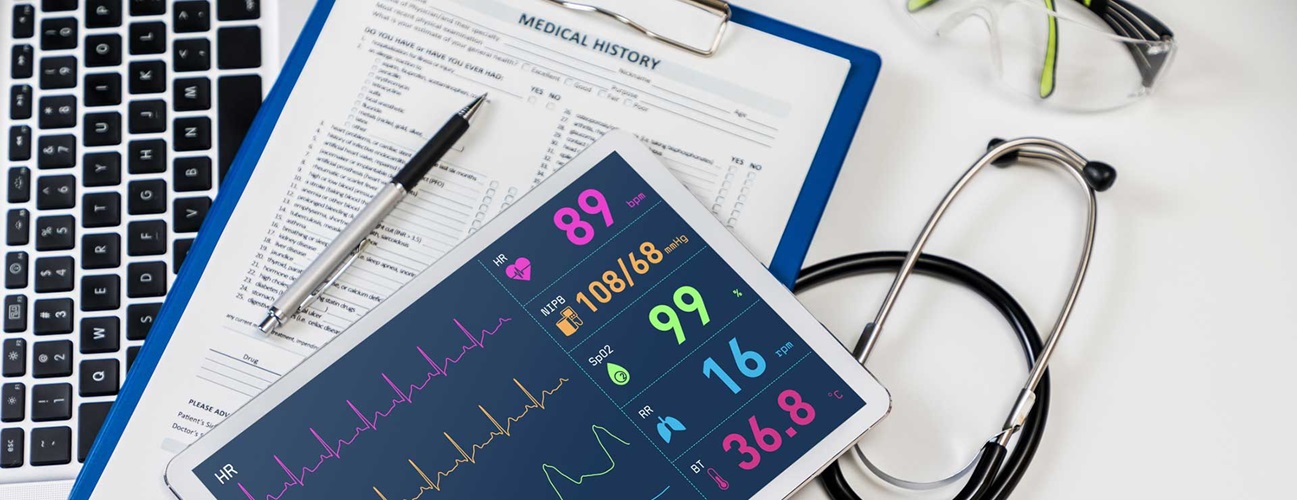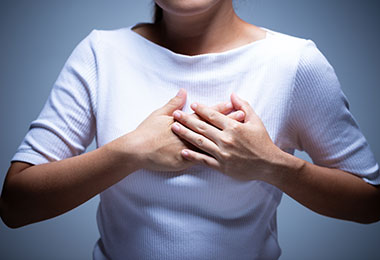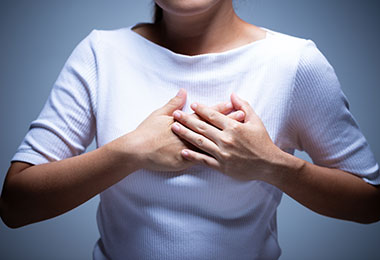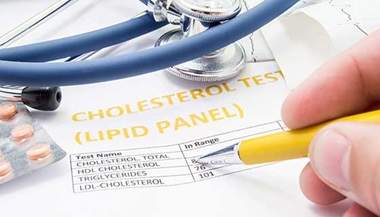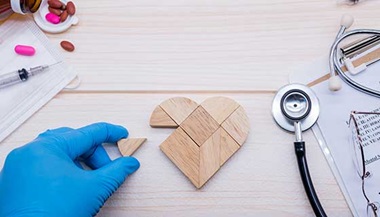5 Heart Facts That May Surprise You
Johns Hopkins health experts are a wealth of heart information. Here are just five heart facts that they’ve shared in educational seminars with the intent of motivating people toward healthy change for a healthy heart.
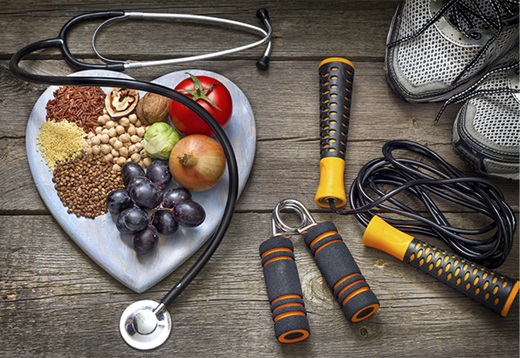
Being physically inactive at the lowest level puts you at higher heart risk than smoking.
“[Yet] physical activity and healthy diet are where people are having the biggest problems,” says Johns Hopkins exercise physiologist Kerry Stewart, Ed.D. “Only about 40 percent of people are getting enough activity to meet the guidelines.”
Sitting is an independent risk factor for heart disease.
Even if you exercise regularly, it’s still smart to decrease your sitting time throughout the day. “It seems to be very helpful for one’s heart health,” says Johns Hopkins cardiologist Michael Blaha, M.D., M.P.H.
Arteries are only about 4 millimeters in diameter.
“It doesn’t take too much of those fatty, greasy foods over the period of a decade or two to start clogging up the arteries,” says Johns Hopkins cardiologist Roger Blumenthal, M.D. If an artery is blocked off for 30 minutes or more, then the area of the heart muscle that artery supplies will become corroded or die. That’s why it’s so important that someone having a heart attack get care soon.
Try It Replace Bad Habits with Good Exercise Habits
“Your goal should be to make exercise a regular habit over time,” says Johns Hopkins exercise physiologist Kerry K. Stewart, Ed.D. The more you can stick with it, the easier that is. Making physical activity pleasurable is a good way to start. Try switching up some of your regular habits. For instance:
If you usually sit down after dinner, try taking a walk in the neighborhood, around your yard, or up and down a staircase instead.
If you flop on the sofa and watch TV in the evening, try following along with an exercise video for 30 minutes first.
If you tend to socialize with friends at bars and restaurants, try meeting them for a weekly Saturday walk in the park or joining a gym or team sport together.
By age 80, there’s a 60 percent chance you will have high blood pressure.
It’s a heart fact: As we get older, blood pressure rises—along with risk of stroke and heart disease. “The problem is that most people don’t feel the blood pressure is high until it’s too late,” says Johns Hopkins cardiologist Oscar Cingolani, M.D. “That’s why it’s important to go to your doctor and have your blood pressure checked.”
Cardiovascular disease causes an average of one death every 37 seconds in the United States.
It claims as many lives each year as cancer, chronic lung disease, accidents and diabetes combined, says Johns Hopkins cardiologist Lili Ayala Barouch, M.D. So it’s important to know the warning signs of a heart attack.
Watch Expert Videos on Heart Information
Choose from 20 heart topics presented by Johns Hopkins experts.

